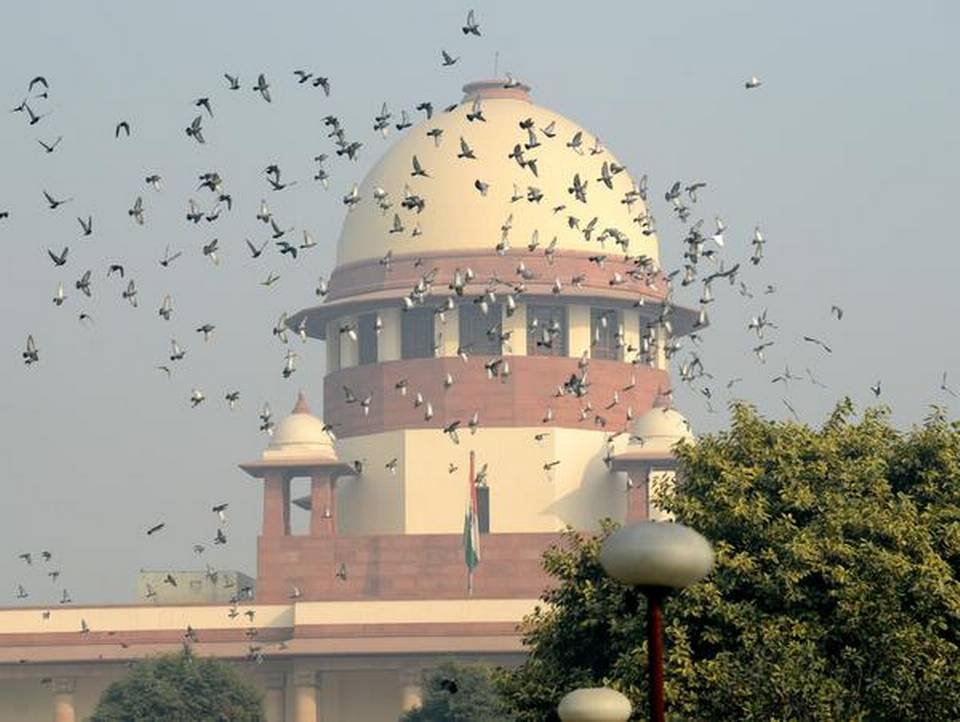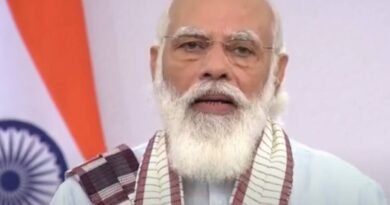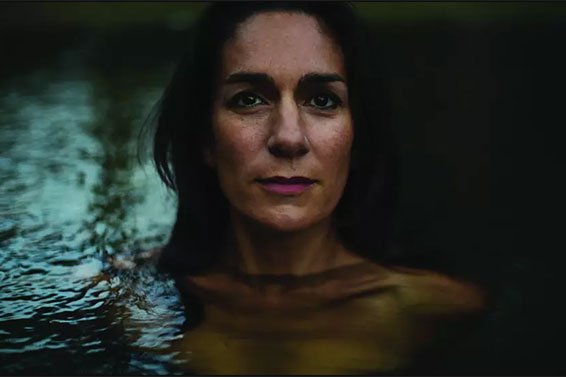SC to continue hearing petition by Parsis for a stay on tunnelling under two fire temples on Monday
MUMBAI: The Supreme Court began hearing a petition filed by members of the Zoroastrian community against permission granted by Bombay high court to Mumbai Metro Rail Corporation Ltd (MMRCL) to bore a tunnel under two more than a century old fire temples. The SC heard the matter almost all day and would continue the hearing next on Monday.
The MMRCL will not drill under the two heritage Atash Behrams, Wadiaji and Anjuman, at Princess Street junction, till then.
Jamshed Sukhadwalla a structural engineer and few others had Lon December 3 filed a special leave petition (SLP) before the SC against the November 30 judgment of the HC which citing the public importance of the metro project and holding that no case had been made out to prove that their fundamental right to religious practice was being breached, had allowed tunnelling under two highest grade fire temples for Mumbai Metro-3 , an underground 35 km metro route. from Colaba to Seepz via Bandra.
Arguing for the Parsis on the issue of fundamental right to religious freedom, former attorney general Mukul Rohtagi and their Mumbai lawyer Zerick Dastur conceded that while the HC said mere belief of the community would not attract protection under Article 25 of the Indian Constitution which deals with freedom to practice, profess and propagate religion, in another verdict, the SC had held that beliefs are important. In this case, beliefs of the community relating to the importance of maintaining the integrity of the ground under the Atash Behrams too was supported by religious texts of priests. The whole premises were consecrated and a connection to the core of the earth was necessary for practicing the religious ceremonies, the petitioners had been contending.
Rohtagi sought a stay on the tunnelling but opposing any such stay, attorney general for India, KK Venugopal said it was a large infrastructure project of public importance which cannot be delayed further.
A bench of Justices UU Lalit and RS Reddy heard the matter till 4.30 pm placed it for further hearing on Monday.
The HC bench of Chief Justice Naresh Patil and Justice R G Karnik had in an almost 500 page judgment held fundamental rights of the larger section of the public had to be balanced with the religious rights, but allowed the tunnelling only under strict monitoring to ensure that the structures or well water is not damaged.
A city like Mumbai is in much need for better infrastructure for commuters the HC in concurring findings rendered by separated reasons from the CJ and Justice Ketkar had said citing the advances made by other global cities over a century ago.
Justice Ketkar in his reasons also said that they failed to establish that their beliefs are integral to Zoroastrianism. “Mere faith or belief of the Parsi community would not render these beliefs for protection under Article 25,’’ said Justice Ketkar adding that “opinions expressed by high priests cannot be considered an essential religious practice, as it doesn’t derive its basis from scriptures.’’
The underground metro project is of high public importance, the HC had said accepting a report by an expert committee which it said it “cannot lightly interfere with” especially when no concrete evidence was brought on record by petitioners to contradict reports placed by MMRCL.





